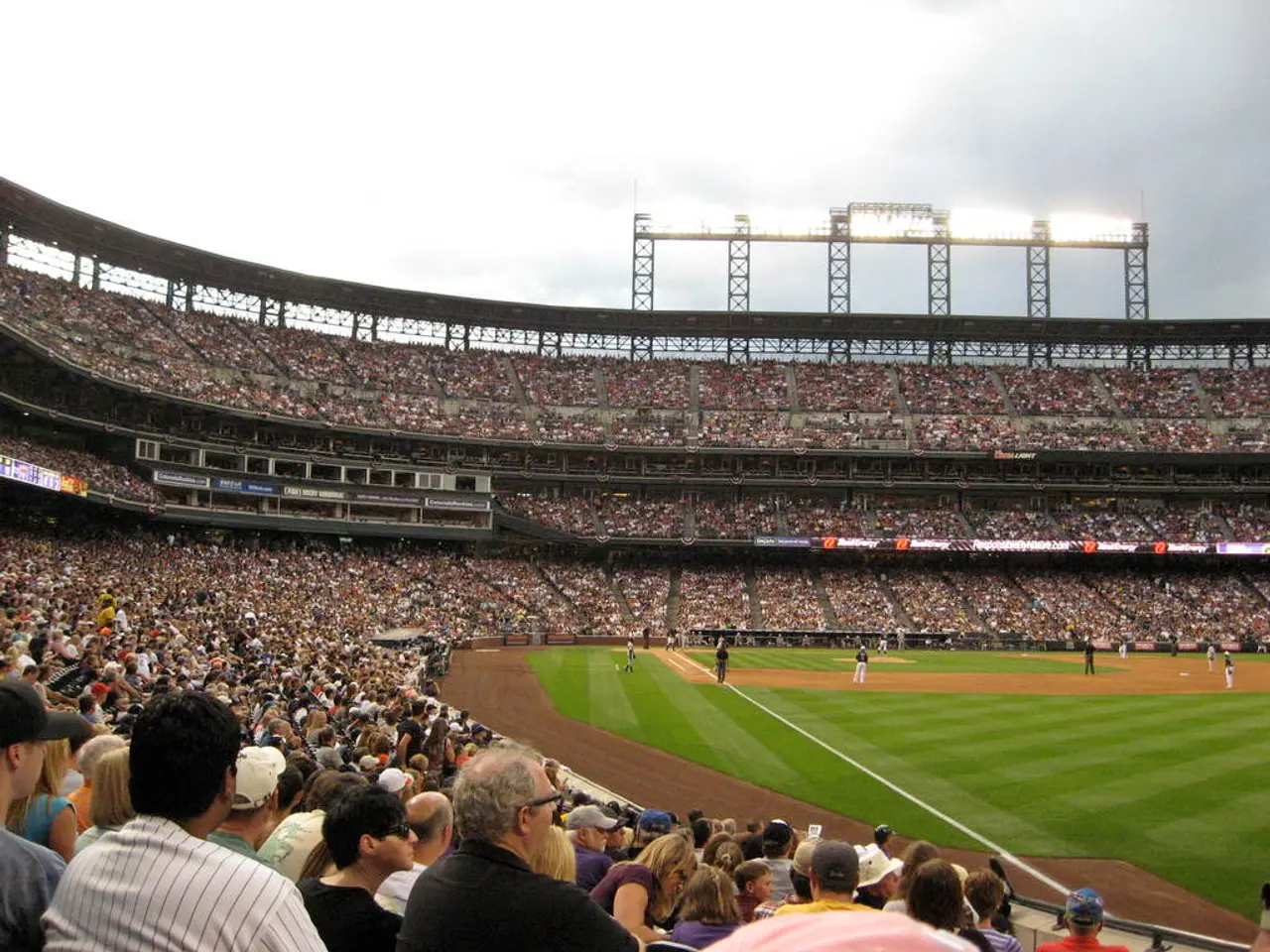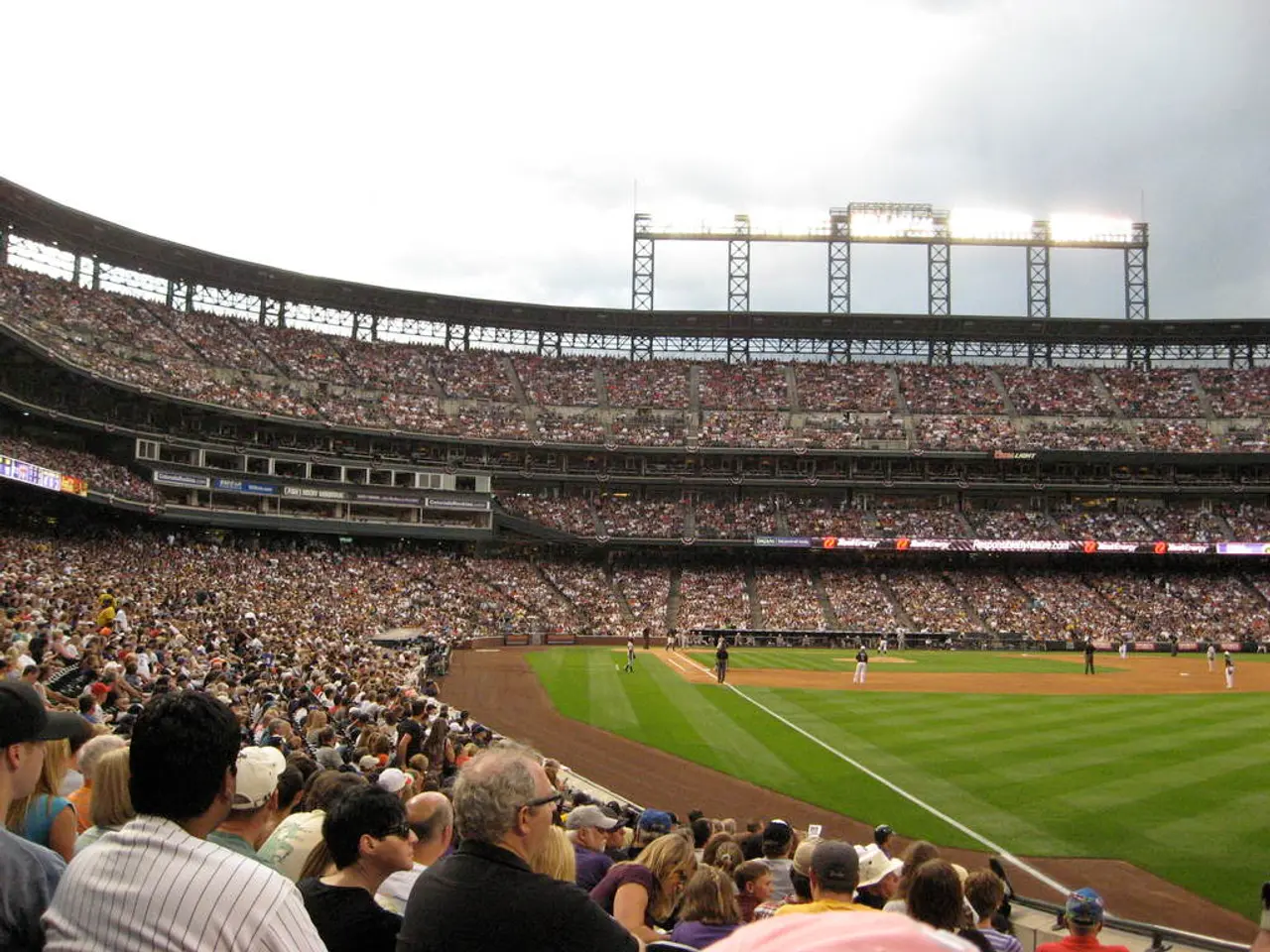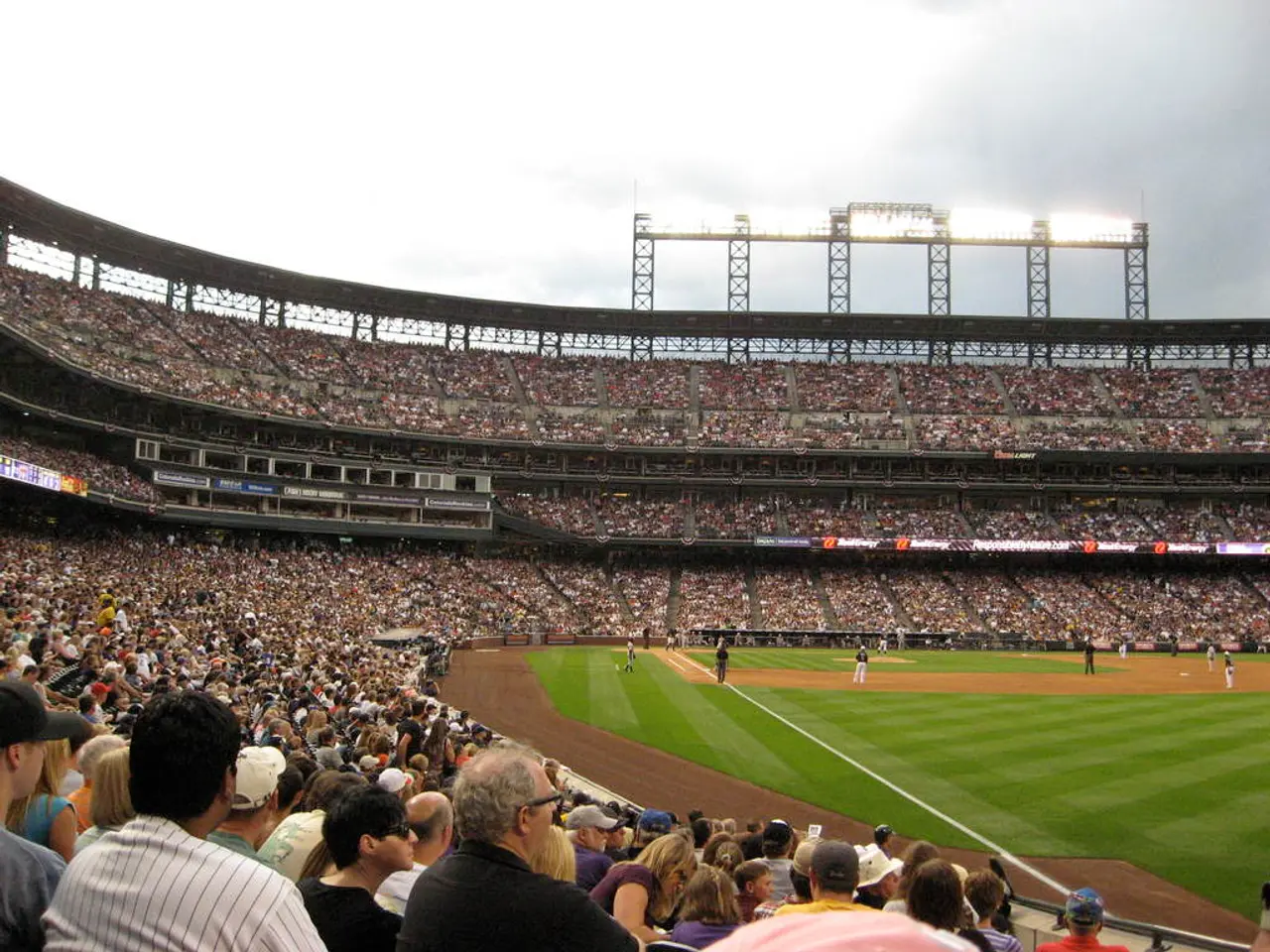Trump's attempt to abolish birthright citizenship encounters doubts from another appellate court
The First US Circuit Court of Appeals, based in Boston, is currently deliberating on President Donald Trump's executive order seeking to end birthright citizenship. The case has been a subject of ongoing legal challenges, with lower courts previously ruling that the policy violates the Constitution, decades-old Supreme Court precedent, and federal law.
The executive order, titled "PROTECTING THE MEANING AND VALUE OF AMERICAN CITIZENSHIP," was signed by President Trump on January 20. The order aims to prevent the federal government from issuing documents recognizing United States citizenship to children born on American soil to parents who were in the country unlawfully, or were in the US lawfully but temporarily.
During the court proceedings, Chief Judge David Barron referred to the 1898 Supreme Court case, United States v. Wong Kim Ark, which affirmed the idea that most people born on American soil are entitled to citizenship. The panel of judges showed no support for Trump's attempt to rewrite how birthright citizenship works in the US.
In a separate case last month, the 9th US Circuit Court of Appeals ruled Trump's executive order unlawful, and a federal court in the First Circuit has also blocked the order in a related class-action context. Judge Julie Rikelman, a member of the panel, stated that the rule is that everybody who is born here is a citizen or subject.
All judges on the panel were appointed by Democratic presidents. Judge Rikelman further stated that the Trump administration is essentially asking the court to adopt the dissenting opinion issued in the 19th century case, but the court is bound to apply the majority decision, not the dissenting opinion.
No decision from the First Circuit Court of Appeals has been issued as of Friday. The high court made it more difficult for litigants to win nationwide orders blocking executive branch policies, but the constitutional grounding and judicial precedent so far suggest that the First Circuit would likely find the executive order unlawful, consistent with the nationwide legal consensus rejecting the order’s legality.
[1] [https://www.cnn.com/2019/07/29/politics/trump-birthright-citizenship-supreme-court-appeal/index.html] [2] [https://www.reuters.com/article/us-usa-immigration-birthright/federal-court-blocks-trump-birthright-citizenship-order-idUSKCN1VQ24I] [3] [https://www.nytimes.com/2019/07/29/us/politics/trump-citizenship-appeals-court.html] [4] [https://www.washingtonpost.com/politics/2019/07/29/trump-administrations-battle-over-birthright-citizenship-heads-supreme-court/]
- This ongoing legal challenge against President Trump's executive order aimed at ending birthright citizenship is not only a subject of debate in the First US Circuit Court of Appeals, but it has also been contested in other courts, such as the 9th US Circuit Court of Appeals, with all rulings so far suggesting that the policy violates constitutional grounding and judicial precedent.
- The executive order, titled "PROTECTING THE MEANING AND VALUE OF AMERICAN CITIZENSHIP," has sparked heated discussions not only in the realm of politics, but also in the context of war-and-conflicts, policy-and-legislation, and general news, due to its potential impact on the fundamental rights and citizenship of thousands of individuals.








